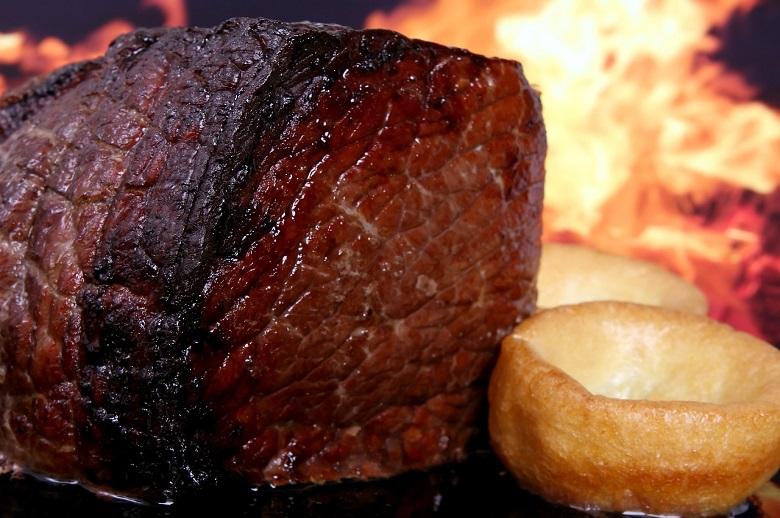The protein that forms when red meat is roasted can be unhealthy in large quantities, according to a study by Australian and Korean scientists published in the journal Nutrients. The researchers warn against high consumption of red meat cooked in this way.
A joint study by Australian and Korean scientists has shown that roasting red meat until a crust form causes the formation of a compound that is harmful to health, according to the academic journal Nutrients.
The best cooks in the world recommend preparing the meat on a grill or roasting it until a crunchy crust appears. However, scientists have discovered that this could be bad for your health.
Researchers at the University of South Australia and Gyeongsang National University have found that grilled red meat contains protein compounds that increase the risk of cardiovascular disease, stroke and cause complications with regard to diabetes. These compounds are formed by the caramelization of meat at high temperatures.
“When red meat is roasted at high temperatures on a grill, in the oven or in a pan, end products of glycation, or the AGE protein, are formed in the meat which, following regular consumption of roasts, accumulate in the body, preventing normal cell function,” according to the press release from the University of South Australia, which quotes one of the authors of the study, Dr. Permal Deo.
Two diets
Scientists have compared the influence of two diets, one containing roasted red meat and processed cereals, known as the HMD diet, and the other based on whole grains and dairy products, nuts, and steamed or sautéed white meat, known as the HWD diet.
The study, which lasted four weeks, involved 15 men and 36 women with stable body mass, without type 2 diabetes. The results showed that in the first case, the rate of accumulation of EFAs in the blood was much higher than in the second.
“Consumption of EFA-rich products increases total daily intake of this protein by 25%, which has a very negative impact on the vascular and myocardial status, leading to inflammation and oxidative stress, signs of degenerative diseases,” explained Professor Peter Clifton, director of the study, from the University of South Australia.
In conclusion, the scientists stressed that to reduce the risk of cardiovascular disease, the amount of red meat eaten must be reduced, or at least the way it is cooked must be changed.
